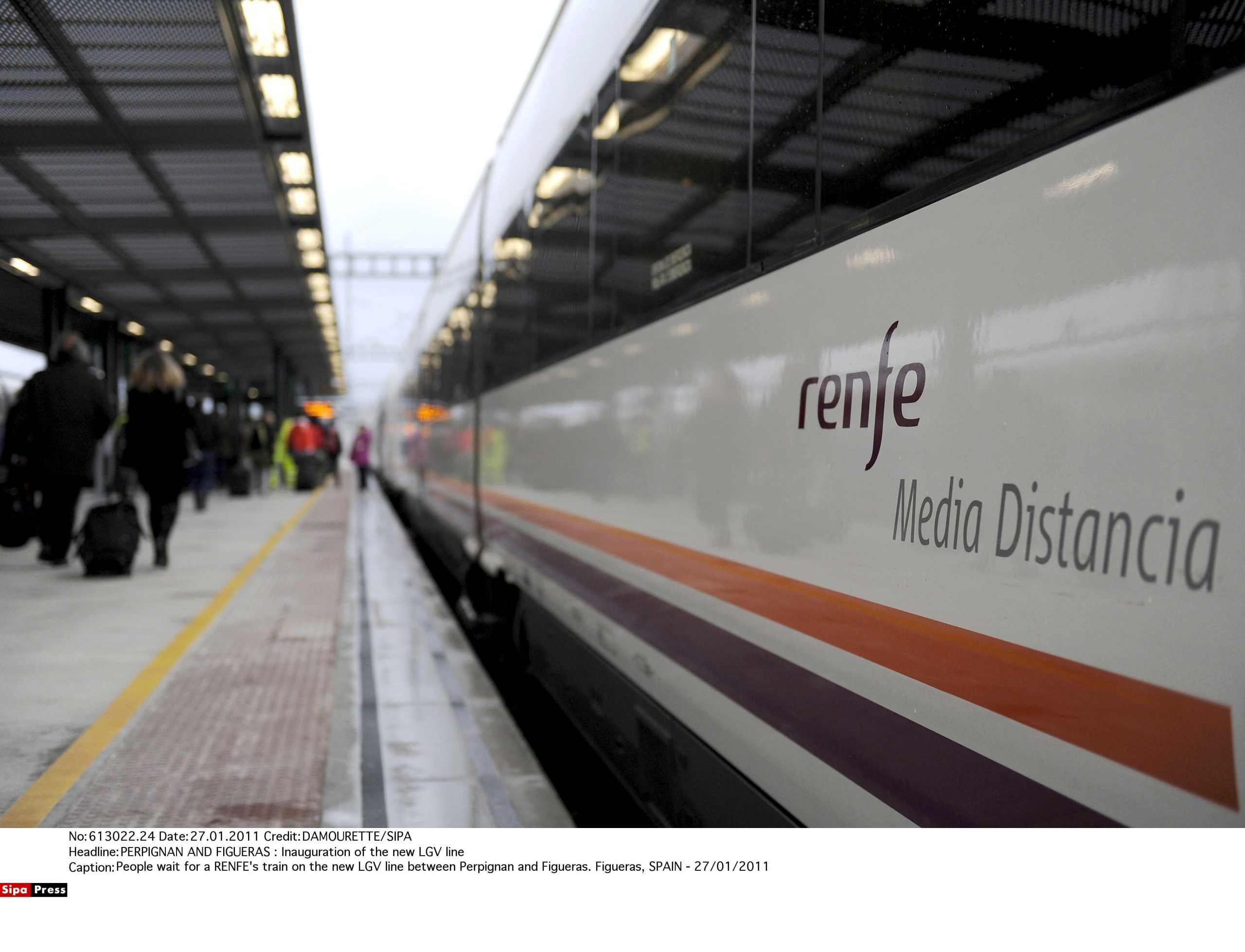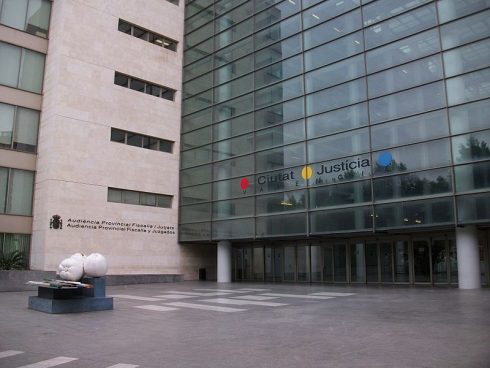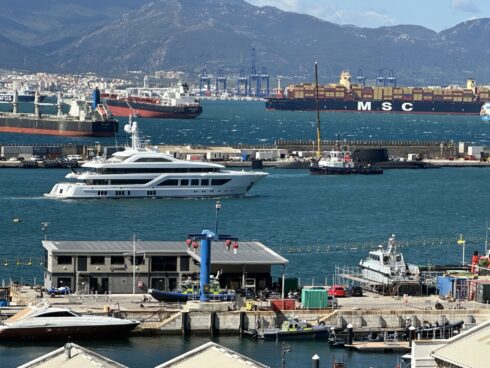RAILWAY strikes have caused chaos and misery for travellers across Spain for the second consecutive day as hundreds of trains are cancelled, leaving thousands in limbo.
During rush hour on Friday morning 179 trains were cancelled in Catalunya, Valencia and in Madrid according to Renfe, despite assurances that minimum services would run throughout the eight-day strike.
Scenes of confusion, anger and despair among commuters and travellers appeared across social media on Friday, the second day of industrial action called by railways union SEMAF, which represents 85% of train drivers in Spain.
At 10am on Friday, José Enrique Cortina, a Cercanías train manager in Valencia, estimated an average of just over 40 percent of minimum services operated during rush hour.
But he added that the situation is slightly better today than it was yesterday, he said “the problem of crowds has been reduced a bit compared to yesterday because many people have left earlier after what happened on the first day”.
The strike has resulted in great tensions and “real personal dramas” as well as tears on the platforms as people are unable to travel to their destinations.
On Thursday, the first day of the strike, Renfe canceled more than 400 trains and in the morning was forced to halt trains entirely at Barcelona-Sants station, the main domestic transport hub in Catalunya, the result of a lack of staff.
The lack of trains caused enormous crowds on the platforms, and Barcelona’s Plaza Catalunya station was closed entirely as a result of dangerous overcrowding.
Criticism over the lack of information is widespread, and Mayte Castillo, Director of Rodalies Catalunya said: “We apologize to all citizens for the inconvenience that this strike is causing”.
Renfe claims that 54 percent of the minimum services have operated overall during the second morning of the strike on Thursday.
According to the company, normally 311 commuter rail transports would operate. Minimum services, which are supposed to be guaranteed by order of the high court, would have reduced that number to 187, but according to Cortina only around 40% of that number have actually operated in reality.
The union has called strikes over job losses, working conditions and organisational changes in the transport sector which has seen deepening privatization over the course of the last year as new carriers have entered the market.
The union claims that Renfe has taken advantage of the pandemic to eliminate some services, and slash its workforce by around 700.
The strike will continue on Monday October 4, and will also affect the 5, 7, 11 and 12 of October. This period coincides with the “El Pilar” bank holiday long weekend that Spain celebrates on October 11 and 12th.
- SPAIN BRACED FOR TRAVEL CHAOS OVER OCTOBER PUENTE AS EIGHT DAYS OF RAIL STRIKE CALLED
- ‘POOR PAY AND WORKING CONDITIONS’: AMBULANCES GO ON STRIKE ACROSS SPAIN’S BALEARIC ISLANDS









